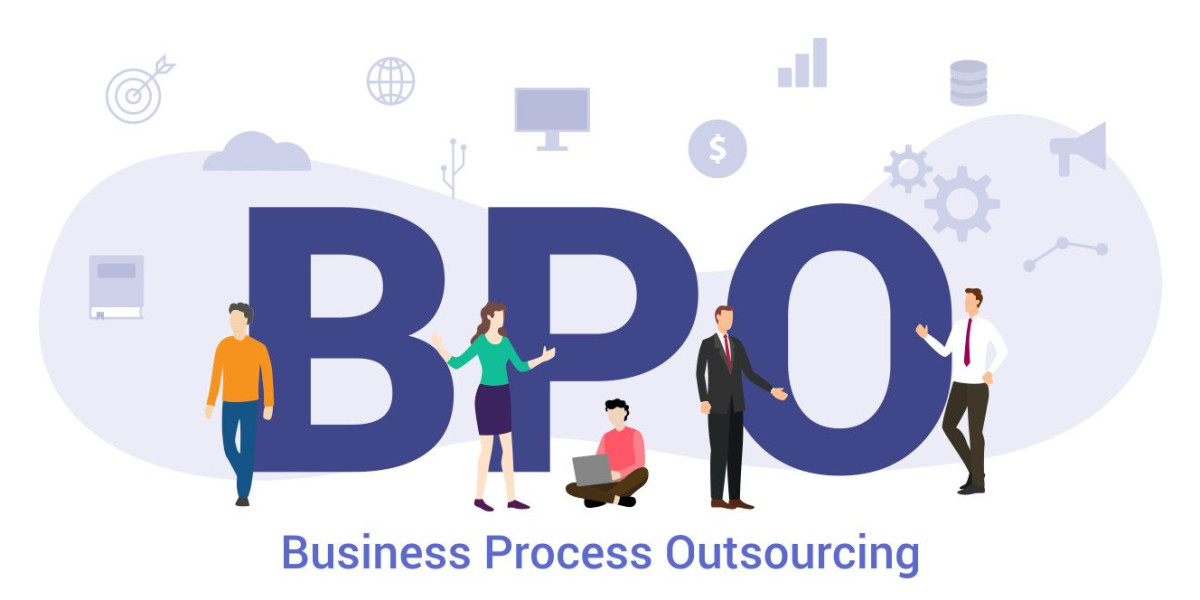What is Business Process Outsourcing (BPO)?
Business Process Outsourcing (BPO) involves contracting specific company functions to third-party providers to improve efficiency and reduce costs. It typically includes processes like customer support, payroll, accounting, and IT services. BPO allows organizations to focus on core competencies while outsourcing non-core activities to specialized vendors. This strategic approach helps companies scale operations swiftly, access expert knowledge, and streamline workflows. Business Process Outsourcing Services Market is expected to reach USD 603.4 billion by 2032, growing at a CAGR of 9.6% during the forecast period 2024-2032.
By outsourcing certain functions, businesses can also benefit from advanced technology, improved service quality, and 24/7 support, which might be challenging to establish internally. Overall, BPO is a vital tool for organizations aiming to stay competitive in a rapidly evolving marketplace.
Types of BPO Services Available
BPO services are broadly categorized into front-office and back-office functions. Front-office services include customer-related processes like call centers, technical support, and sales, which directly impact customer experience. Back-office services involve internal operations such as payroll, accounting, human resources, and data management.
Additionally, BPO can be specialized into industry-specific services like healthcare processing, legal outsourcing, or IT application development. Nearshore and offshore outsourcing options provide geographical flexibility, enabling companies to choose providers based on cost, language proficiency, and cultural compatibility. This diversification allows organizations to customize outsourcing strategies aligned with their operational needs and strategic goals.
Benefits of Outsourcing Business Processes
Outsourcing business processes offers numerous advantages, including significant cost savings due to lower labor and operational expenses. It enables companies to access a global talent pool and cutting-edge technology without substantial capital investment. BPO also enhances scalability, allowing organizations to adjust resources according to demand fluctuations.
Additionally, outsourcing improves service quality and operational efficiency through expertise and process optimization. It frees up internal resources, enabling businesses to concentrate on strategic initiatives like innovation and market expansion. Enhanced customer satisfaction, faster turnaround times, and compliance with industry standards are further benefits. Overall, BPO is a strategic move that can lead to increased competitiveness and profitability.
Challenges and Risks in BPO Adoption
While BPO offers compelling benefits, it also presents challenges that organizations must address. Common risks include loss of control over outsourced processes, potential quality issues, and security concerns related to sensitive data. Cultural differences and language barriers can impact communication and service delivery. Transitioning processes to a third-party provider may disrupt existing workflows temporarily.
Additionally, dependency on vendors introduces risks related to vendor reliability and stability. To mitigate these issues, companies should conduct thorough due diligence, establish clear contractual agreements, and implement robust governance frameworks. Proper risk management ensures that outsourcing aligns with long-term business goals and maintains operational integrity.
Choosing the Right BPO Partner
Selecting an appropriate BPO partner is crucial for maximizing benefits and minimizing risks. Organizations should evaluate potential vendors based on their industry experience, technological capabilities, and reputation for quality service. Compatibility in cultural and operational practices is essential for seamless collaboration. Cost-effectiveness, scalability, and the provider’s compliance with industry standards also play vital roles.
A comprehensive due diligence process, including site visits and references, can help assess the vendor’s reliability. Establishing clear communication channels, service level agreements (SLAs), and performance metrics ensures accountability. The right partner will align with the company's strategic objectives, fostering a long-term, mutually beneficial relationship that drives growth and innovation.








